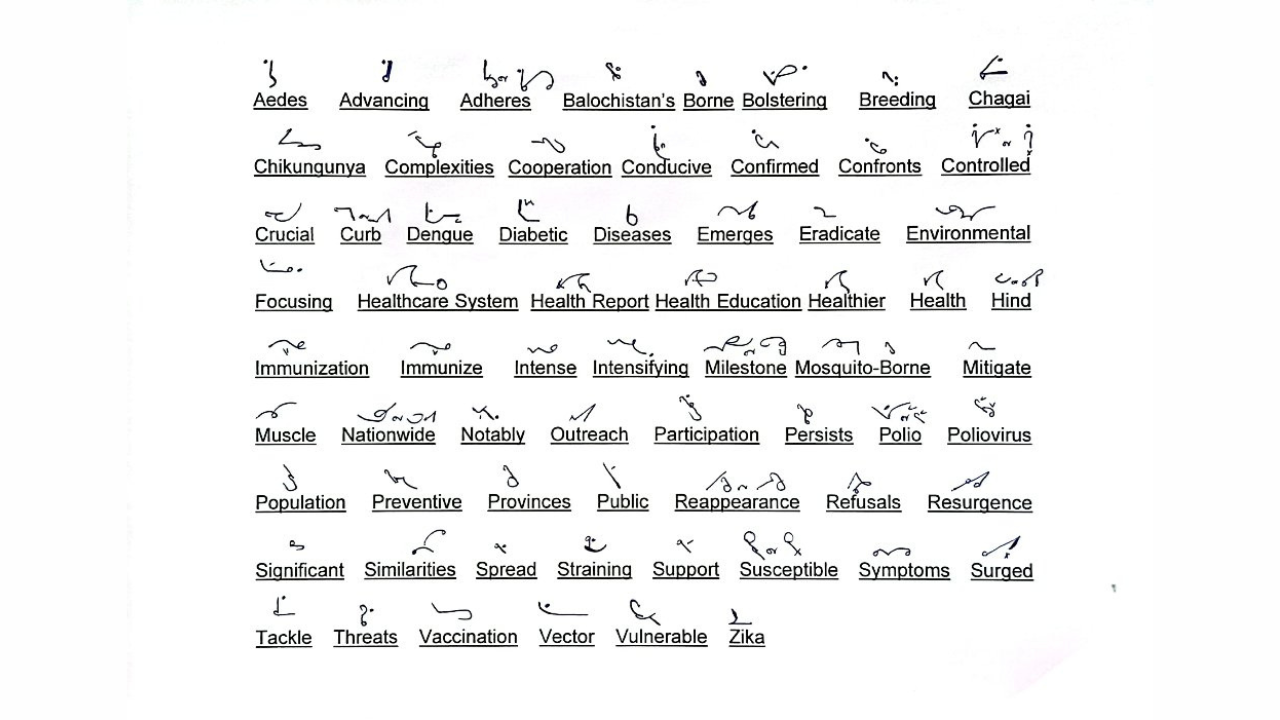- As of 2024, Pakistan's
poliocases havesurged, with 43confirmedcases across variousprovinces, raising concerns about the nation's fight againstpoliovirus. The latest case, confirmed inBalochistan’sChagaidistrict, marks a troublingmilestonein the country’s efforts toeradicatethe virus, particularly as the regionemergesas an area ofintensepoliovirus transmission. - To address this
resurgence, Pakistan has launched anationwidepoliovaccinationcampaign aiming toimmunizeover 45 million children. Health authorities stress that fullparticipationiscrucialtocurbthespreadof the virus. Officials highlight the critical role of vaccination in protecting children under five, the mostvulnerableage group. - Despite strong efforts, vaccine
refusals, highpopulationmovement, and access to remote areas continue tohinderPakistan’s polio eradication program. These challenges underscore the need for more effectiveoutreachand communitysupportto build trust and increaseimmunizationrates. - Pakistan remains one of only two countries where wild poliovirus transmission
persists. Eradication efforts began in 1994, and thoughsignificantprogress has been made, the virus’sreappearancein previouslycontrolledareas indicates a need for sustained action andpubliccooperation. - While polio remains a critical health focus, Pakistan faces other emerging health
threats,notablytheChikungunyavirus, which has surged in Karachi. Thismosquitoborne virus, closely related todengueandZika, has seen a spike in cases this year, with 172 confirmed and 956 suspected cases reported since May 2024,strainingKarachi’shealthcare system. - Transmitted by
Aedesmosquitoes, Chikungunya'ssymptomsinclude fever, joint pain,muscleaches, and rash, often mistaken for dengue or Zika. Thesesimilaritiesin symptoms make Chikungunya challenging to diagnose, posing additional public healthcomplexities. - According to recent
health reports, elderly anddiabeticpatients are particularlysusceptibleto severe Chikungunya complications. While symptoms typically last about a week, joint pain may persist for months, impacting patient recovery and quality of life. - The IXCHIQ vaccine, effective in the U.S., has shown promise against Chikungunya. However, Pakistan
adheresto W.H.O. vaccination guidelines, and without W.H.O. approval for this vaccine,preventiveoptions remain limited in the country,focusinginstead on publichealth educationandvectorcontrol. - Experts link Karachi's Chikungunya spike to rising temperatures and
environmentalfactorsconduciveto mosquitobreeding. With changing climatesintensifyingthese conditions, Pakistanconfrontsa broader public health challenge, requiring adaptive strategies tomitigatevector-bornediseases. - Health officials urge national cooperation, calling on citizens to support vaccination drives and preventive measures against Chikungunya. By
bolsteringcommunity support and increasing awareness, Pakistan can bettertacklethe dual challenges posed by polio and Chikungunya,advancingits path toward ahealthierfuture.
Info!
It is informed that the shorthand outlines provided above are based on the writer's personal shorthand theories; many viewers may perceive these outlines from a different perspective.
